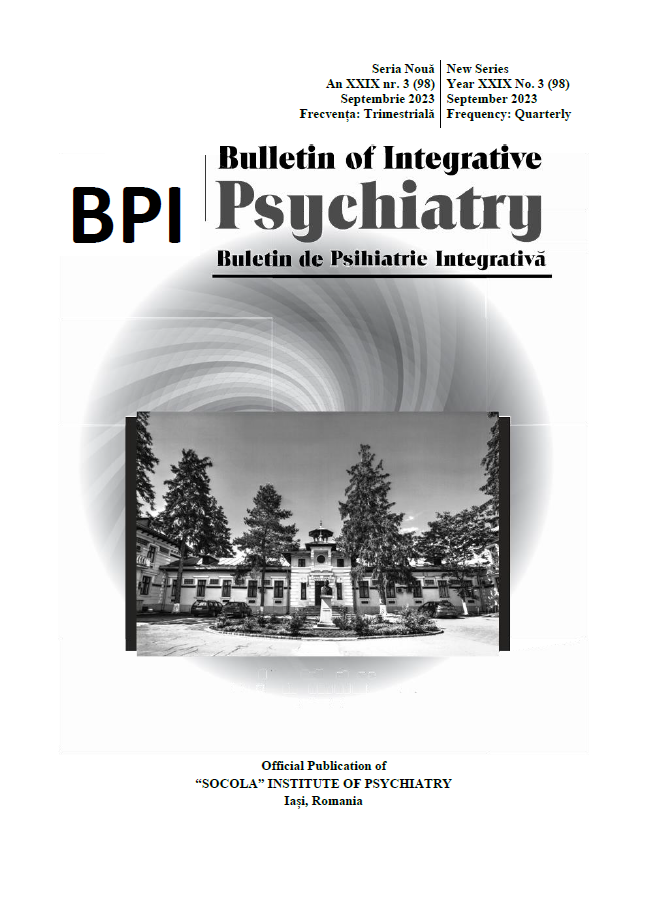Psychiatric manifestations in patients with Creutzfeldt-Jacobs’s disease. Challenges in neuroimaging and diagnostic concepts.
Psychiatric manifestations in patients with Creutzfeldt-Jacobs’s disease. Challenges in neuroimaging and diagnostic concepts.
Author(s): Ghenadie Cărăușu, Valentina Eremia, Oxana Grosu, Lilia Rotaru, Roxana ChirițăSubject(s): Social Sciences, Psychology, Essay|Book Review |Scientific Life, Sociology, Neuropsychology, Clinical psychology, Health and medicine and law
Published by: Editura Sedcom Libris Iasi
Keywords: Creutzfeldt-Jacobs’s disease; prions; psychiatric symptoms; dementia;
Summary/Abstract: Background: Rapid symptom progression is one of the most important clues that a person may have Creutzfeldt-Jakob’s disease. There is no single test-or any combination of tests-that can conclusively diagnose sporadic Creutzfeldt-Jakob disease in a living person.Objectives: The aim of this article is to study some distinct features of patients with Creutzfeldt-Jacobs’s disease in order to make a differential diagnosis with other disorders.Material and Methods. It is a review of publications from the last years, using medical sites such as PubMed, Medscape, NCBI, Med bullets. A clinical case is also presented.Results. Creutzfeldt-Jakob’s disease (CJD) is the most common human form of a group of rare, fatal brain disorders known as prion diseases. Prion diseases, such as Creutzfeldt-Jakob’s disease, occur when prion protein, which is found throughout the body but whose normal function isn't yet known, begins folding into an abnormal three-dimensional shape. This shape change gradually triggers prion protein in the brain to fold into the same abnormal shape. Creutzfeldt-Jakob disease causes a type of dementia that gets worse unusually fast. More common causes of dementia, such as Alzheimer's, Lewy body dementia and fronto-temporal dementia, typically progress more slowly. Generally, there are three types of Creutzfeldt-Jakob disease: sporadic, familial and acquired. Conclusions. Creutzfeldt-Jakob’s disease is a rare disease with psychiatric symptoms who include depression, agitation, apathy, disorientation, problems with memory, thinking, planning and judgment. The clinical presentation of variant Creutzfeldt-Jakobs disease usually begins with a psychiatric prodrome, often at least 6 months before the onset of traditional neurologic symptoms.
Journal: Buletin de Psihiatrie Integrativa
- Issue Year: 98/2023
- Issue No: 3
- Page Range: 89-95
- Page Count: 7
- Language: English

